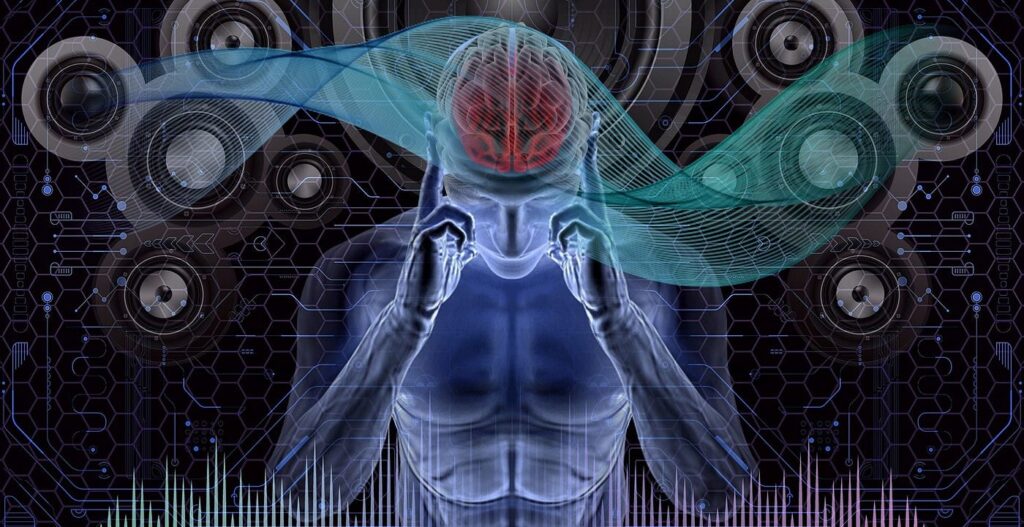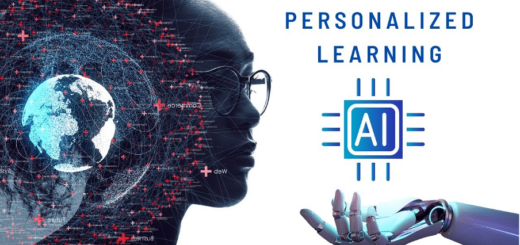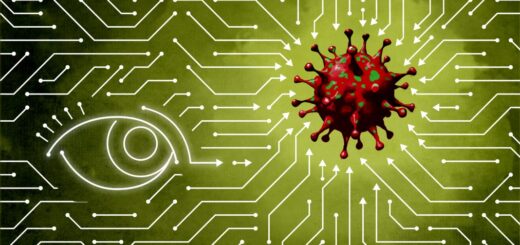AI-Generated Music Takes a Leap Forward with Advanced Models

The music industry has always evolved alongside technology, from analog recordings to digital streaming. However, August 2023 marked a significant shift with the emergence of AI-generated music that could compose, produce, and adapt sounds at an unprecedented level.
New AI models, including Meta’s MusicGen and Google’s MusicLM, introduced advanced capabilities that allowed users to generate entire compositions from text prompts, blend different musical styles, and even replicate human-like performances. These tools weren’t just creating melodies; they were redefining how music was produced, distributed, and experienced.
How AI-Powered Music Creation Was Changing the Industry
Previously, AI-generated music was mostly limited to simple loops and pattern-based compositions, often lacking depth or human-like emotion. The latest AI advancements transformed music production in key ways:
- Text-to-music generation – Users could enter a description like “a cinematic orchestral piece with a rising tension”, and AI would create a matching soundtrack.
- Style and genre blending – AI models could combine elements from jazz, classical, electronic, and more, generating unique, hybrid compositions.
- AI-enhanced sound synthesis – AI-assisted production tools helped refine vocals, remix audio, and master tracks with professional-grade quality.
These capabilities meant that musicians, producers, and independent creators could now explore new creative possibilities without traditional barriers.
Applications of AI in Music Production and Beyond
The adoption of AI-generated music was expanding across different sectors, demonstrating its versatility beyond just composition.
1. AI in Film and Gaming Soundtracks
- AI-generated orchestral scores were used to create immersive soundscapes for video games and films, reducing production costs.
- AI-assisted tools helped dynamically adapt background music to in-game player actions, improving interactivity.
2. AI in Content Creation and Social Media
- Creators on platforms like YouTube and TikTok used AI music generators to produce royalty-free tracks for videos and ads.
- AI-generated jingles and intro themes became popular for podcasts, commercials, and digital branding.
3. AI in Personalized Listening Experiences
- Streaming services explored AI-powered music customization, where users could generate playlists based on mood, activity, or even their recent emotions.
- AI models created adaptive music that adjusted tempo and dynamics in real-time, ideal for workouts, meditation, or background ambiance.
These developments suggested that AI was no longer just a tool for assisting musicians—it was actively shaping the future of the listening experience.
Challenges and Controversies Surrounding AI-Generated Music
As AI-generated music became more mainstream, it also sparked critical discussions regarding ethics, ownership, and creativity.
1. Copyright and Intellectual Property Concerns
- Since AI models were trained on existing music, concerns arose over whether generated compositions were derivative or entirely original.
- Legal debates intensified around who owned AI-generated music—the user, the AI developers, or the dataset contributors.
2. The Impact on Human Musicians and Producers
- Some in the industry worried that AI-generated tracks might undercut human artists, particularly in commercial production and stock music licensing.
- Others saw AI as a collaborative tool, enhancing creativity rather than replacing traditional musicianship.
3. Ethical Considerations in AI Music Training
- Critics raised questions about whether AI-generated music was replicating specific artists’ styles without permission.
- Efforts were being made to develop AI music models that respected creative rights and compensated original artists.
These discussions underscored the need for clear legal frameworks and ethical guidelines as AI-generated music continued to expand.
What’s Next for AI in Music Creation?
With rapid advancements in AI-generated music, future developments were expected to include:
- Fully interactive AI-driven music composition tools – Musicians would be able to collaborate with AI in real time, fine-tuning melodies and arrangements dynamically.
- AI-assisted live performances – AI would assist performers by adapting backing tracks, harmonizing in real-time, and generating music in sync with stage visuals.
- Voice cloning and AI-generated vocals – AI models could synthesize realistic human-like singing voices, opening new possibilities for digital artists.
As AI-powered music tools matured, the industry had to balance innovation with ethical considerations, ensuring a future where AI and human creativity could coexist harmoniously.
A Transformative Moment for AI in the Music Industry
The introduction of MusicGen, MusicLM, and other AI-powered composition tools in August 2023 demonstrated how AI was reshaping the way music was created, distributed, and consumed. What was once a technology limited to experimental applications was now a viable tool for both professionals and everyday creators.
However, as AI-generated music gained traction, questions about copyright, artistic integrity, and fair compensation became critical topics. Ensuring that AI tools were used responsibly and ethically would be essential in shaping the future of AI-assisted music production.




